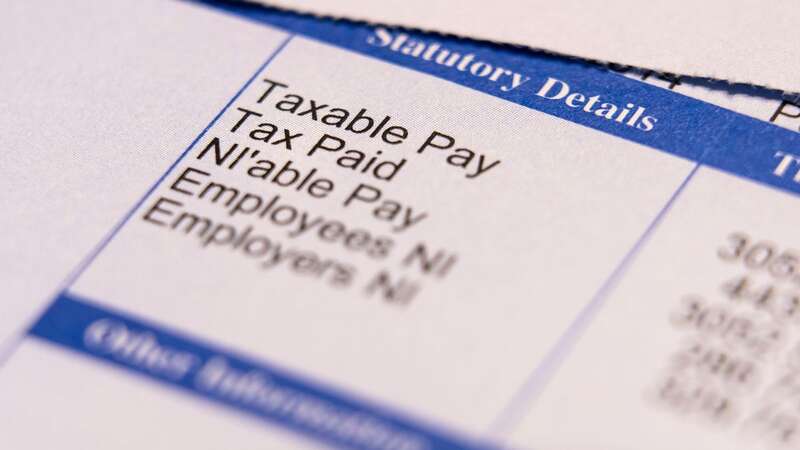
Economists are warning that the nearly 10% rise in the UK's national living wage could lead to stickier inflation.
This could make it harder for the Government and the Bank of England to keep inflation at target levels, but it might also boost spending across the country. The pay increase for the UK's lowest earners could also mean we have to wait longer before the Bank of England lowers interest rates, experts say.
This comes as the latest increase in the national living wage starts on Monday. This will raise the UK minimum wage for workers by 9.8% to £11.44 per hour. Chancellor Jeremy Hunt announced this increase last November. It will help almost three million low-paid workers across the UK.
This happened when inflation was very high, peaking at 11.1% before dropping over the past year. Higher interest rates helped bring it down to 3.4%. Some economists are worried that the big wage increase could slow down the predicted drop in inflation.
Ashley Webb, a UK economist at consultancy Capital Economics, said: "The fear is that the rise this year will contribute to stickier wage growth and inflation." However, others think the impact might not be so big, with only about 4.9% of the UK workforce affected by the increase.
 London, New York and Europe welcome New Year; plus pics from around the world
London, New York and Europe welcome New Year; plus pics from around the world
Experts at Morgan Stanley say the increase is "not key" to what will happen with inflation. The company said: "While there are some nuances around existing premiums to the currently mandated national living wage in low-paid sectors, and whether these compress in a looser labour market, last year's pay beats in spring came on the back of IT, finance and professional services sector pay not any outsized surprises on low-paid sectors."
Nevertheless, the impending rise will raise questions for Bank of England’s Monetary Policy Committee (MPC) as it assesses the inflation outlook and considers reducing interest rates from 5.25%. The group of rate-setters have indicated they want to see firm signs that wage growth is cooling before cutting rates.
Martin Beck from EY Item Club thinks they might wait to see what happens with wages before they cut rates a lot. "Following accusations that policymakers were behind the curve in tightening policy when inflation was heading up, the MPC may well decide it's appropriate to exercise further caution in bringing rates down," he explained. "Assessing the effect of April's large rise in the national living wage on broader pay growth offers another reason for inaction for the time being."
However, companies including Next and Tesco have also indicated spending could be supported by the minimum wage rise.
Economists at PwC have suggested that the wage rise, coupled with cuts to national insurance and slower overall inflation, could provide a boost for retailers. They said "retailers will be hoping that the spring brings green shoots after a challenging last 18 months" as a result.
Read more similar news:
Comments:
comments powered by Disqus
































